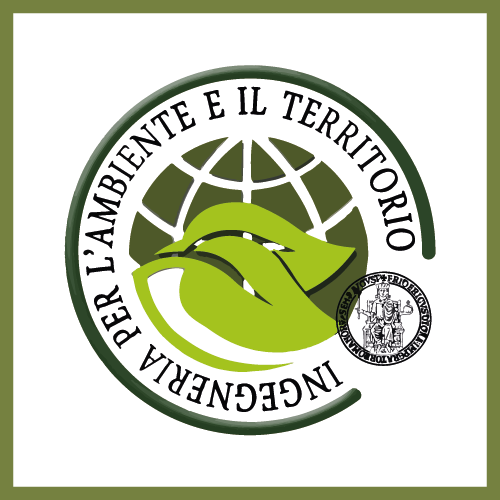Safety and resilience of urban systems
Code:
SSD: ICAR/20
Learning outcomes:
The aim of teaching is the integration of approaches to the study of city safety, understood as a dynamic and complex spatial system, which allows to identify a panel of sustainable actions capable of reducing the risk levels at which urban systems are currently exposed.
Urban resilience is connected to the possibility that the city, in the face of one or more external agents, is able to counteract an opposite reaction (resilient), safeguarding the safety of the inhabitants, maintaining its own levels of organization, protecting the stock existing building, allowing the continuation of existing activities.
Contents:
The teaching focuses on the disciplinary aspects of urban planning, favoring a holistic-systemic vision.
The teaching will address the issue of urban security in relation to:
- the categorization of natural, anthropogenic and climatic risks;
- the identification of the conditions that affect the safety levels of the city;
- the identification of the relationships between the elements of the urban system;
- the definition of actionable strategies to increase urban resilience.
Particular attention will be paid to the study of the impacts resulting from climate change on the organization and functioning of urban systems, highlighting how urban planning action can play a strategic role in containing and / or adapting to these effects.
Teaching method: Frontal lectures, in-class exercises, workshops
Teaching material: To be defined
Examination procedures:
The final examination consists of an oral exam covering the theoretical and technical aspects described within the course together with the discussion of design exercises and team projects.

